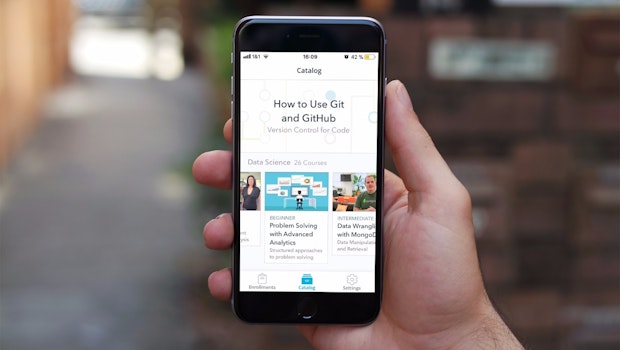
If “Sorry” is the hardest word to say, which one comes after? The answer, as everyday life often suggests, is a simple “thank you”. We often accept the fact that the parcel deliveries are completely rushed into the evening hours – that’s his job, isn’t it? This indifference, however, very quickly falters if the person is also in a bad mood. Then it becomes the topic at the dinner table: “That guy really doesn’t work!” It might have been good to simply convey a minimum of appreciation and respect for the hard work: “Wow, you are still on the road? Tough job. I hope you will soon be out of work. Thank you very much! ”I bet it would have been good for the mood. Thanking doesn’t cost anything and people like it. You can’t help the parcel delivery man’s situation, but you can still appreciate your time. You even have to appreciate it!
Unfortunately we have lost something, the gratitude. Research suggests that it has a major impact on our well-being. Saying thank you motivates and even makes you happy. According to the American psychologist Robert Emmons and the psychologist Robin Stern, there is a strong correlation between the feeling of gratitude and feelings such as optimism and joy. And that is also and especially needed during the pandemic. Who can say that the last few weeks and months have been easy and simple? When a nationwide gossip flash mob was organized for the many caregivers, criticism quickly fell: “People can’t buy anything from this either!” That’s true, and yet it was a sign of solidarity. Is gratitude only worth something if it is visible on the account? Or maybe both have a right to exist side by side?
Gratitude is not an either-or

Gratitude keeps the community together. (Photo: Shutterstock-Eldar Nurkovic)
Let’s not kid ourselves: The exploitation of carers is also a sign of a lack of gratitude and indifference. And yet it must not be about an either / or: Companies must of course also thank their employees by ensuring that they can make a living from the work they have done. But in addition, we as individuals must also be able to thank so as not to thwart the performance of our many fellow human beings. Gratitude holds the community together. One of the founding fathers of sociology, George Simmel, used to say that gratitude creates a bond of reciprocity between giving and taking where other powers fail. This tape must never break. Just as a “sorry” after a mistake is a sign of respect for the other person, a “thank you” is also a signal of deep humility. Thanks never fail to have an effect.
Also interesting: “If home office influences the place of residence”
But is that enough? Is the gratitude of others the key to happiness alone? Of course not: Your own gratitude for what you have experienced in life also plays a major role! When we buried a loved family member last year – in the middle of the pandemic – it was the gratitude to have had the people in my life that also gave the sadness a feeling of confidence. I felt the correlation between gratitude and optimism that characterized Emmons and Stern. The English philosopher Francis Bacon put it in a nutshell when he said that it is not the lucky ones who are grateful, but the thankful ones who are happy. Gratitude can help through crises – both personal and social. It is not for nothing that the gratitude diary is used as a therapeutic method to help people to recognize the positive in everyday life.
You can be grateful for a lot – even during a pandemic: for the fact that the short-time work, which goes hand in hand with less money, also gives you the opportunity to have more time again for your children, your partner and your family. So that the shutdown of society also gives opportunities to reflect and make plans for the time after. There is something in everything that is worth being grateful for. It goes without saying: In the crisis there is an opportunity! Recognizing this is often not easy. As well as? The approach of positive psychology as a concept of life is not at all old: The term was coined in 1954 by Abraham Maslow. With its point of view, the discipline ties in with ideas from humanistic psychology. Many of its aspects can now be found in psychotherapy. The view of the positive sides of human existence is not new in history, but the effort to find a scientific foundation.
Also interesting: “Lifelong learning – what it takes to keep people at it”
Here were the theists so far at an advantage over atheists. Atheists have always recognized what immediately surrounds them: the crisis that is either good or bad. The theists, on the other hand, trusted, because God, or the gods, always had a plan: “We thank you for the gifts.” Meanwhile, the atheists are following suit, because science, which works with facts and not with belief, also recognizes that positive things Psychology works in the form of gratitude; that gratitude correlates with optimism and joy. We can basically be grateful for that too. Ultimately, however, everything is also a cycle: Those who experience gratitude also pass it on to other people. And if you think positively, you also infect other people. Many people are probably not even aware of what this can trigger in us. Yes, we sometimes lose something, gratitude. But it doesn’t have to stay that way!

1 of 15



